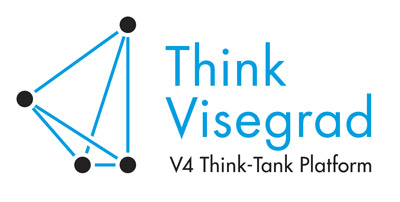In cooperation with the Institute of East-Central Europe in Lublin OSW organised a study visit to Poland for representatives of the Office of the State Minister of Georgia on European and Euro-Atlantic Integration. The Georgian delegation was composed of Tornike Nozadze, Deputy Head of the European Integration Coordination Department; Emir Eteria, Head of its Analytical Unit, and David Kalatozishvili, main specialist at the EU Assistance Coordination Department.
During their stay in Poland between 25 and 29 November 2014 our guests held several meetings focused on the process of rapprochement between Georgia and the EU and the Polish EU accession experience – the meetings participants included Maria Celina Błaszczyk from the Department of the Committee of European Affairs and the Ministry of Foreign Affairs, Prof. Leszek Jesień from Collegium Civitas and Paweł Świeboda, President of demosEUROPA. The EU’s communication and promotion strategies were the subject of the meetings with Rafał Rudnicki from the European Commission’s Representative Office in Poland, former press spokesman of the Polish Presidency of the Council of the European Union Konrad Niklewicz and Janusz Grobel, mayor of Puławy. Visa and migration policy was the subject of the meetings with Filip Jasiński from MFA, Piotr Kaźmierkiewicz from the Institute of Public Affairs and Agnieszka Skiba from the Ministry of the Interior. The study visit also included a discussion meeting at OSW dedicated to the process of Georgia’s integration with the EU. The meeting was moderated by Krzysztof Strachota, Head of the OSW’s Department for Turkey, Caucasus and Central Asia. The visit was held as part of the project “Civil Servants Mobility Program – Georgia” financed by the International Visegrad Fund (IVF). Similar visits of Georgian civil servants, organised by the Think Visegrad consortium centres, were organised simultaneously in the Czech Republic, Slovakia and Hungary. This has been another event in the series of initiatives of the IVF programme aimed at fostering the exchange of experience between experts and civil servants from the states of the Visegrad Group and the Eastern Partnership. We wish to thank all individuals and institutions that offered their assistance in the organisation of the visit.




